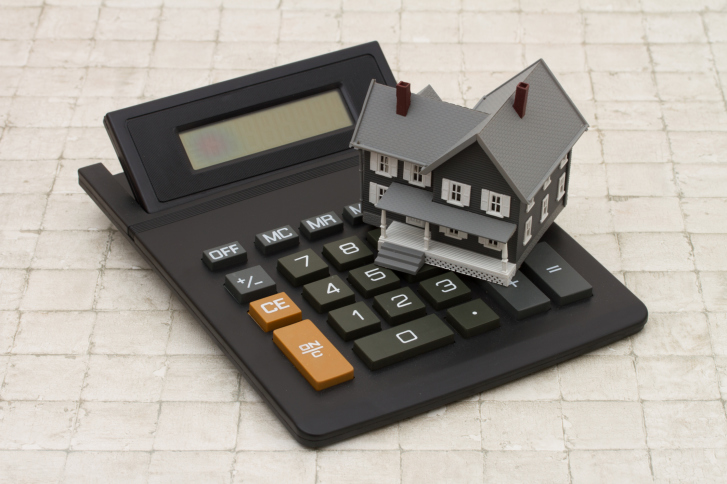Dealing with an Empty Nest? 5 Great Reasons to Downsize into a New Condo
 There’s a good chance if your children have recently moved out that your home is feeling a lot larger than it used to, and perhaps you’re re-considering the extra space. If downsizing to a condo is on your mind and you’re weighing the benefits of this kind of move, here are some that might make it worth the switch in size.
There’s a good chance if your children have recently moved out that your home is feeling a lot larger than it used to, and perhaps you’re re-considering the extra space. If downsizing to a condo is on your mind and you’re weighing the benefits of this kind of move, here are some that might make it worth the switch in size.
A Little Extra Money
With the additional money you should be making off the sale of your home, there’s a good chance that downsizing may provide you with extra assets to sock away for retirement, travel or whatever your heart fancies. If you don’t need the money, it might not matter, but in the retirement years a little extra can be of benefit for many.
Minimize Your Costs
Usually, there are many utility and heating costs that go along with home ownership, but by moving into a condo you can alleviate many monthly payments instantly. Instead of paying for every utility, condo living can help to simplify and minimize the amount you owe each month.
Free Up Your Retirement
Often times it may seem like home ownership is the dream, but many people approaching retirement would rather have the flexibility of renting. Because there are limited responsibilities with a rental, it means you can spend the winter months in Mexico without having to worry about who will take care of your home.
A Condominium Community
The great thing about many condo buildings is that they are built close to amenities like grocery stores, drycleaners and restaurants, so you don’t have to worry about venturing far out. It might not seem important if you’re used to driving to the store to make your purchases, but being able to walk might make you a convert to a different way of life.
Forget About The Maintenance
If you’ve gotten used to all of the maintenance that goes into a home, downsizing can be a great relief in terms of the time you’ll be saving. Instead of a lawn to cut or a multi-level home you’re responsible for, you’ll be able to rely on the building manager to do this for you.
It can be comforting to have a home you’ve bought and paid for that belongs to you, but by downsizing you may be able to save on time and significantly lower your living costs.

 Whether or not you’re new to real estate, there’s little doubt that you’ve heard the term down payment as it relates to purchasing a home. There’s a lot of different information out there in regards to how much this figure should be and it can be hard to determine exactly what the importance of this payment is. If you’re trying to determine the ideal amount to put down, here are some things to consider.
Whether or not you’re new to real estate, there’s little doubt that you’ve heard the term down payment as it relates to purchasing a home. There’s a lot of different information out there in regards to how much this figure should be and it can be hard to determine exactly what the importance of this payment is. If you’re trying to determine the ideal amount to put down, here are some things to consider. There can be many downsides to both renting and buying, depending on what side of the coin you are on, but if you’re leaning towards purchasing a home it can have added benefits for your bank account that renting does not. While renting can certainly alleviate many of the costs that go along with property ownership, here’s why purchasing a home can have positive monetary affects in the long run.
There can be many downsides to both renting and buying, depending on what side of the coin you are on, but if you’re leaning towards purchasing a home it can have added benefits for your bank account that renting does not. While renting can certainly alleviate many of the costs that go along with property ownership, here’s why purchasing a home can have positive monetary affects in the long run.